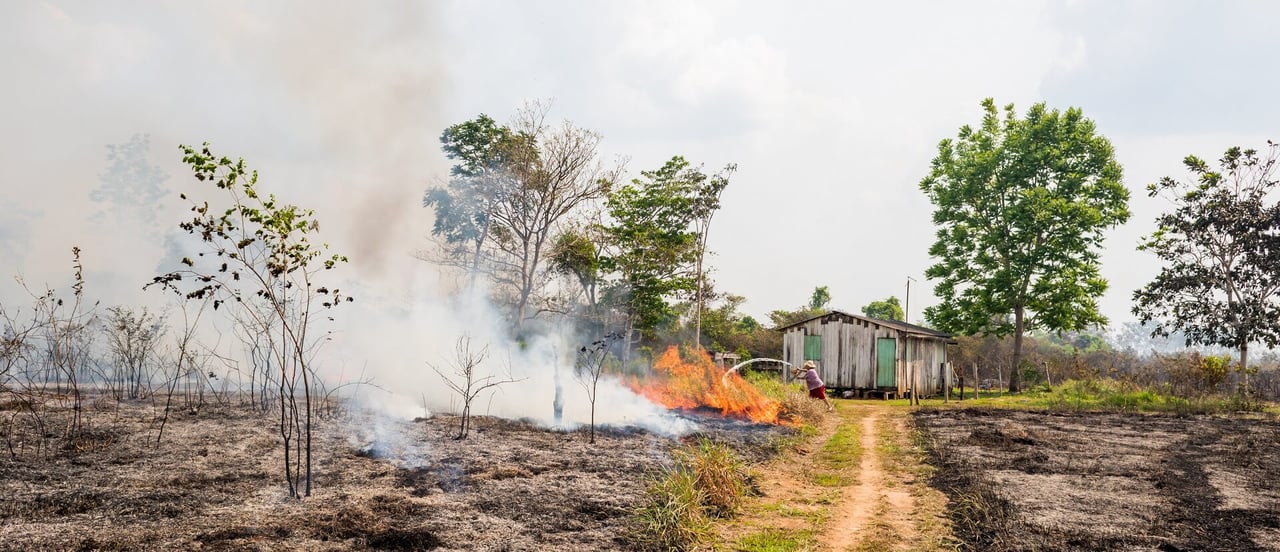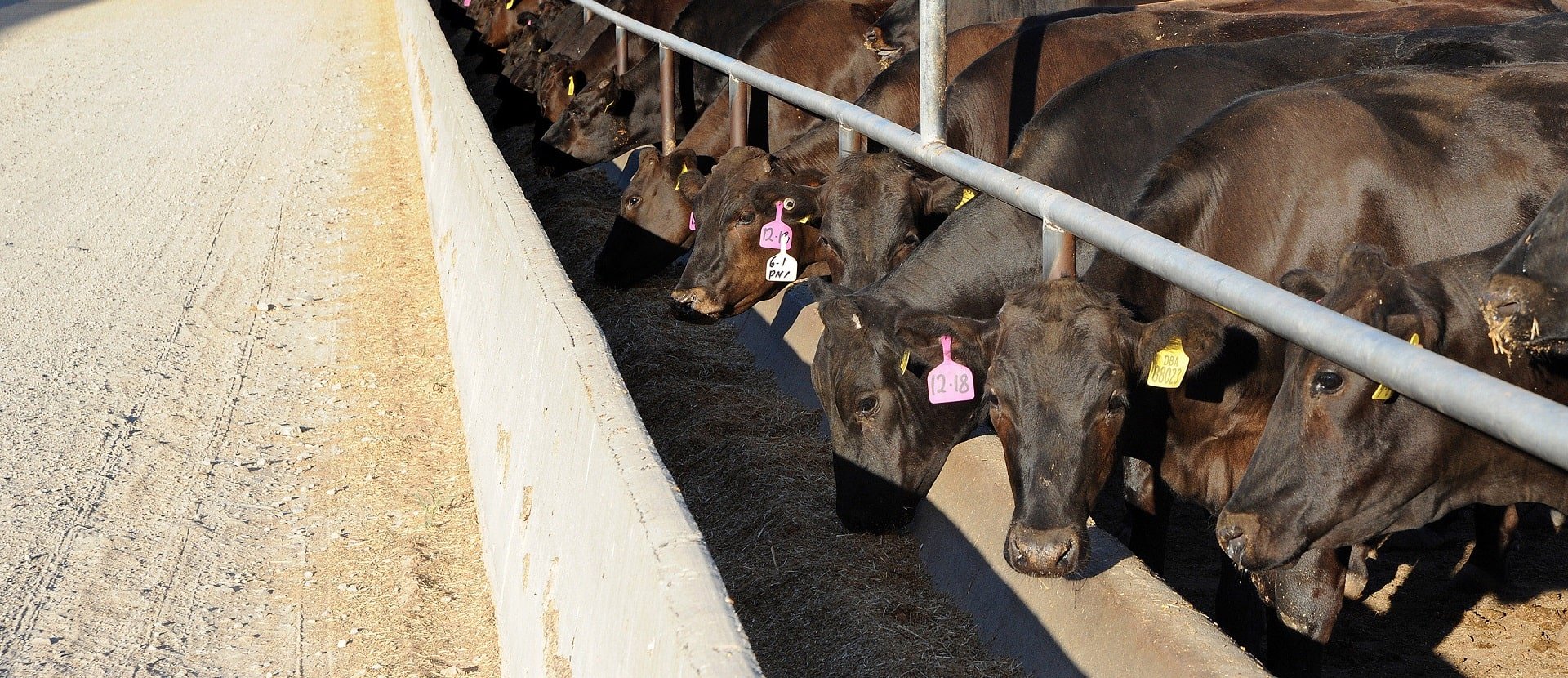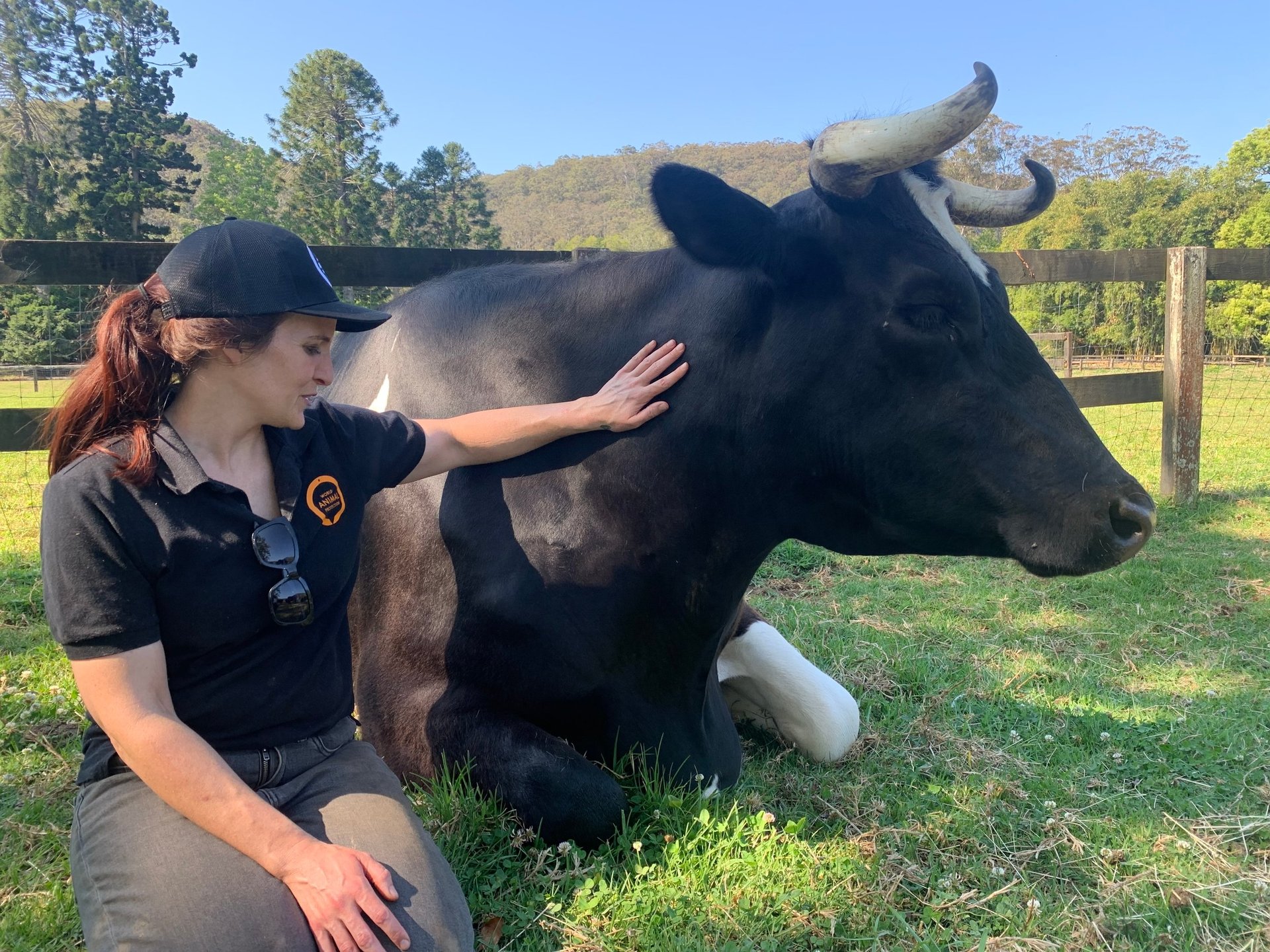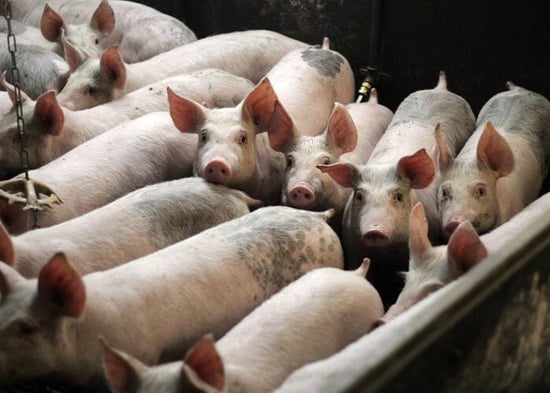
Animal agriculture harms the environment
Factory farming
Image credit: World Animal Protection / Noelly Castro
Farm and wild animals suffer as cruel factory farming damages our planet. We can't continue farming animals at the current rate.
Agriculture is Australia's third largest source of greenhouse gas emissions, most comming directly from animal agriculture.
Despite this, factory farming is often overlooked as one of the key culprits driving climate change, worsenning natural disasters such as droughts, floods and bushfires – causing wild animals to lose their habitats and die in agony.
It is vital to reconsider our approach to farming and create a new food system that is less reliant on animals and more humane and sustainable.

Our planet
Image credit: Getty Images
High meat consumption causes irreversible damage to our planet
Food production is a major contributor to climate change, accounting for one-third of all greenhouse gas emissions, where meat and dairy account for roughly 60% of these emissions and only 30% from plant-based foods.
Many people consume meat and animal products from fast food restaurants which mostly come from low-welfare and high-emissions farming systems. This is having devastating effects on the environment.
The water consumption and land used to produce meat are significantly higher than plant-based alternatives.
We commissioned the report, Shifting the Menu from the Institute for Sustainable Futures at UTS which outlines the harmful effects of excess meat consumption on the environment and shows how much of a difference our food choices make on the environment and animals.
Switching to plant-based for as little as three days a week will help you make a meaningful difference to our planet and facilitate our transition to a low-emissions and high-welfare food system.
Our 'Shifting the Menu' report
Learn how you can reduce the carbon footprint of fast-food by switching to plant-based options.
Join the Plant Protein Challenge
You can commit to swapping meat for plant-based protein for just three days a week over 8 weeks. And we’ll be supporting you every step of the way.

Wildlife habitats
Brazil forest fires: a human-made emergency from clearing land for livestock
Human population has more than doubled in the last 50 years, increasing the demand for animal products, thus quadripling the land destined to produce animal feed, such as soy.
As a result, the global livestock industry is the single largest cause of wildlife habitat destruction in the world, and not only billions of farmed animals suffer, but also wildlife.
Countless animals die from the horrific forest fires that rage in Brazil. These fires are cause large parts of habitats to disappear at a horrifying rate.
In 2021, it was estimated that 82% of the vast Encontro das Aguas National Park – home to one of the world's largest jaguar populations – burned down.
This emergency is human-made and many of the fires were started deliberately to clear land for the livestock industry and animal feed.
With your support, we worked with local partners to save and treat the wildlife affected by the fires. We also fed them and transported them to mobile emergency clinics to heal their wounds and released them back to the wild once healed.
Big meat. Big bucks. Bigger harm
The top 10 European financial institutions are massively bankrolling illegal and legal deforestation for meat production in Brazil’s Amazon and Cerrado regions, thereby exacerbating climate change, biodiversity loss, public health risks and, often overlooked, global farm animal cruelty on a massive scale.

Keep up to date
Join thousands of animal lovers fighting to protect wildlife and give farmed animals good lives. Sign up now to receive emails with all the ways you can help.
Sign up



